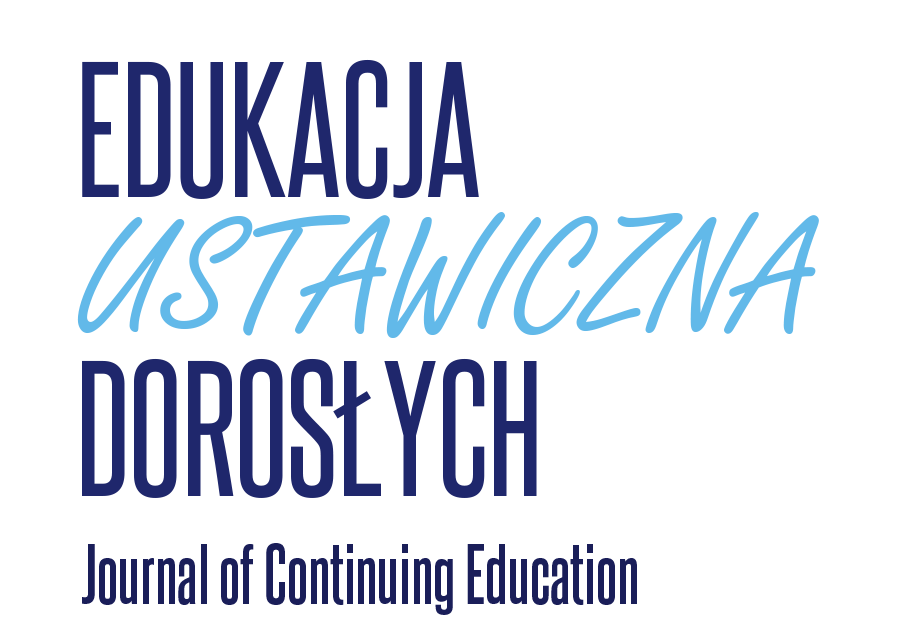“I am the mother of dragons”: The educational potential of the song of Ice and fire saga George R.R. Martin and the series Game of thrones ![]()
„Jestem matką smoków”: edukacyjny potencjał sagi pieśń lodu i ognia George’a R. R. Martina oraz serialu Gra o tron
DOI: 10.34866/wjjy-4617
Beata Czuba
ORCID: 0000-0002-2544-6506
Słowa kluczowe: kultura popularna, edukacja, Pieśń lodu i ognia, Gra o tron
Key words: popular culture, education, A Song of Ice and Fire, Game of Throne
Streszczenie: Wśród licznych funkcji kultury popularnej, funkcja edukacyjna stanowi ogromny potencjał do wykorzystania w różnych kontekstach kształcenia i wychowania. Atrakcyjność seriali, takich jak na przykład Gra o tron (na podstawie sagi G.R.R. Martina Pieśń lodu i ognia), nie wynika jedynie z ich skutecznej reklamy, ale ze sposobu, w jaki opowiadają o świecie. W centrum tych opowieści znajdują się interesujący bohaterowie oraz ich skomplikowane motywy działania i osobowości. Percepcji tych opowieści towarzyszy przyjemność odbiorcy, co wpływa na procesy poznawcze – uwagę, pamięć, motywację do uczenia się. Opowieści kultury popularnej mogą być dla pedagoga niewyczerpanym źródłem inspiracji i pomysłów. Jeśli istotą edukacji jest poszerzanie pola semantycznego uczniów, dzieła kultury popularnej są dobrym narzędziem, które umożliwia realizację tego zamiaru. Celem rozważań zawartych w artykule jest odpowiedź na pytanie: „W jakim zakresie dzieła kultury popularnej mogą być wykorzystane jako przestrzeń edukacji?”. Przedmiotem analizy są wybrani bohaterowie cyklu Pieśń lodu i ognia i serialu pt. Gra o tron.
Abstract: Among the numerous functions of popular culture, the educational function has great potential to be used in various contexts of education and upbringing. The attractiveness of series, such as, for example, Game of Thrones (based on G.R.R. Martin’s A Song of Ice and Fire saga) is not only due to their effective advertising, but also to the way they tell about the world. At the center of these stories are interesting characters and their complex motives and personalities. The perception of these stories is accompanied by the recipient’s pleasure, which affects cognitive processes - attention, memory, motivation to learn. Stories of popular culture can be an inexhaustible source of inspiration and ideas for the educator. If the essence of education is to expand the semantic field of students, works of popular culture are a good tool that enables the implementation of this intention. The aim of the considerations contained in the article is to answer the question: “To what extent can works of popular culture be used as an educational space?”. The subject of the analysis are selected heroes of the A Song of Ice and Fire series and the series entitled Game of Thrones.

